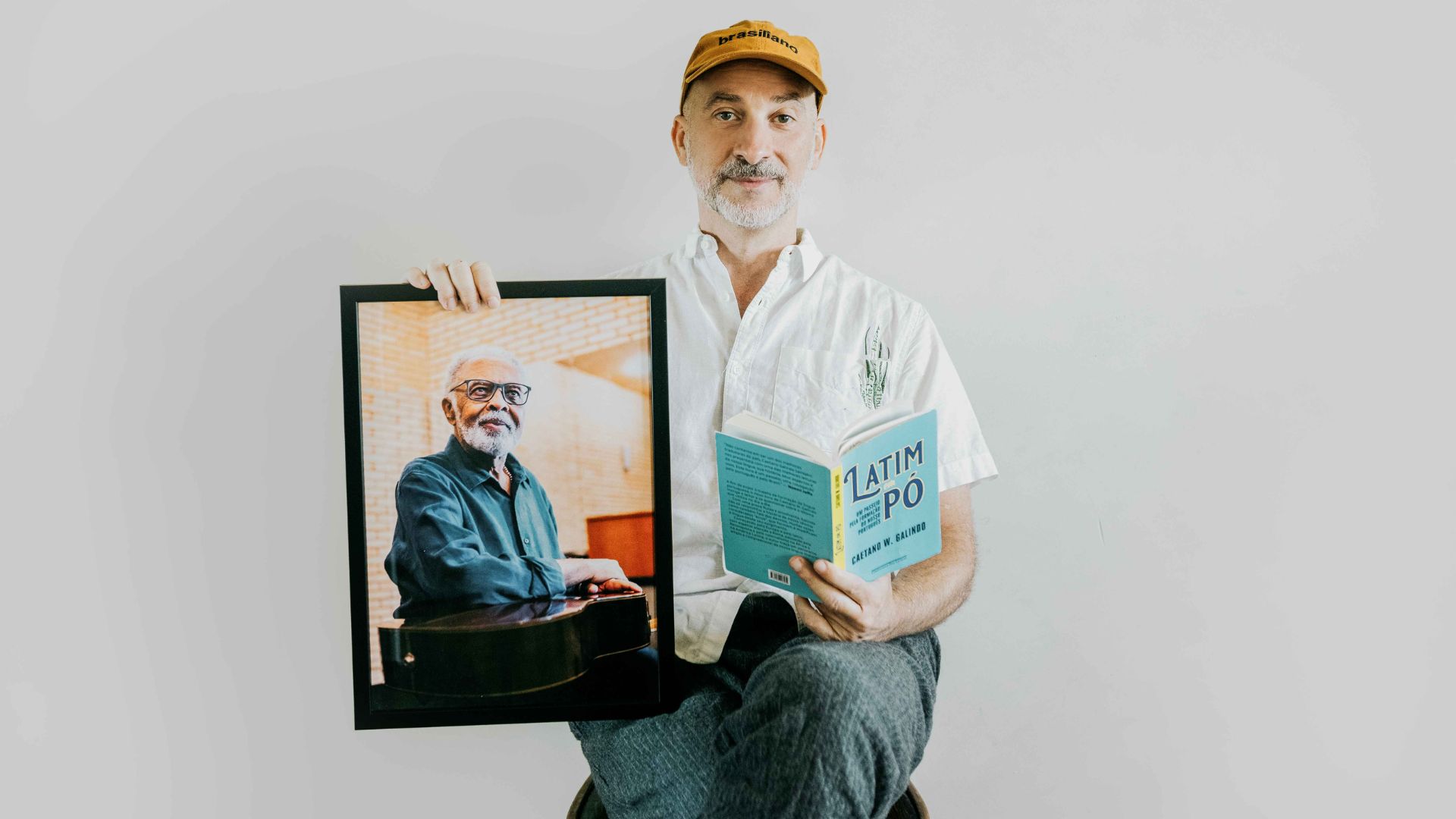Learn how Open Finance empowers the customer to control financial decisions

The potential of open finance in fact, it is a question of placing the customer at the center and in control of one’s decisions, above any institution. By creating an environment in which the relationship becomes open, the customer will have much more freedom and ease to access the best market conditions for each product he needs.
For example, instead of limiting yourself to credit offers from your bank or institutions with which you already have a relationship, it will be possible to share data with other institutions and obtain specific offers for your profile and your history, thus being able to choose something compatible with your financial reality.
In this sense, we have three main effects that should be observed as the project progresses and develops. Firstly, the increase in competition in the sector, creating better conditions for the customer. This increases the competitiveness of large banks, as data can be shared.
Importantly, the mode puts fintechs that are just starting out on the same level as the big banks that have been processing payroll for decades.
The relevance of the customer experience
Another point is that it creates more relevance of the experience provided to the end user. Today the relationship is focused on the bank and its products, but with the progress of Open Finance, increasingly sophisticated aggregators will emerge that will offer a better experience and products than the banks themselves.
In a certain sense, it is possible to draw a parallel with marketplaces, as in the case of Mercado Livre in Brazil: Mercado Livre offers such a better shopping experience that the consumer often prefers to buy the product they want through the platform rather than on the website website of some shop.
Customer retention ends up happening automatically and we will see that happen with banks and aggregating institutions in the not too distant future.
All this happened thanks to the technological and financial progress that the country is experiencing. We can clearly observe this with the creation of Pix, for example. Today, technology helps us manage data, which will be crucial for the survival of institutions.
How to work with customer information
An open environment with all these possibilities for exchanging information is worthless if the bank or fintech is not able to work with this information in the best way.
This translates into the ability to process data, but also into the flexibility of the applications that support its operation. Having the ability to understand a customer and create a product tailored to him – and no longer to a socioeconomic profile, social class or any other criteria that “pasteurises” an entire audience – will make the difference between survival and extinction.
Banks and fintechs need to develop their data analytics capabilities and also have flexible core banking platforms to address these challenges. Information sharing is critical to success in an open environment. However, it also represents one of the biggest challenges.
As is the confidentiality and security of data
In addition to the standardization of information ― naturally structured differently between institutions ― there are still concerns related to data privacy and security. Fortunately, the project has several security mechanisms, such as consent checks, technology standards, and an entire certification process. Only entities authorized by regulatory bodies can have access to the data.
However, there is a link that is always the weakest: the end user, who will have to deal with an extra complexity. Here are several opportunities to create journeys and experiences that reduce friction and definitely empower the customer.
🇧🇷🇧🇷
The best content in your email for free. Choose your favorite Terra newsletter. Click here!
Source: Terra
Camila Luna is a writer at Gossipify, where she covers the latest movies and television series. With a passion for all things entertainment, Camila brings her unique perspective to her writing and offers readers an inside look at the industry. Camila is a graduate from the University of California, Los Angeles (UCLA) with a degree in English and is also a avid movie watcher.





